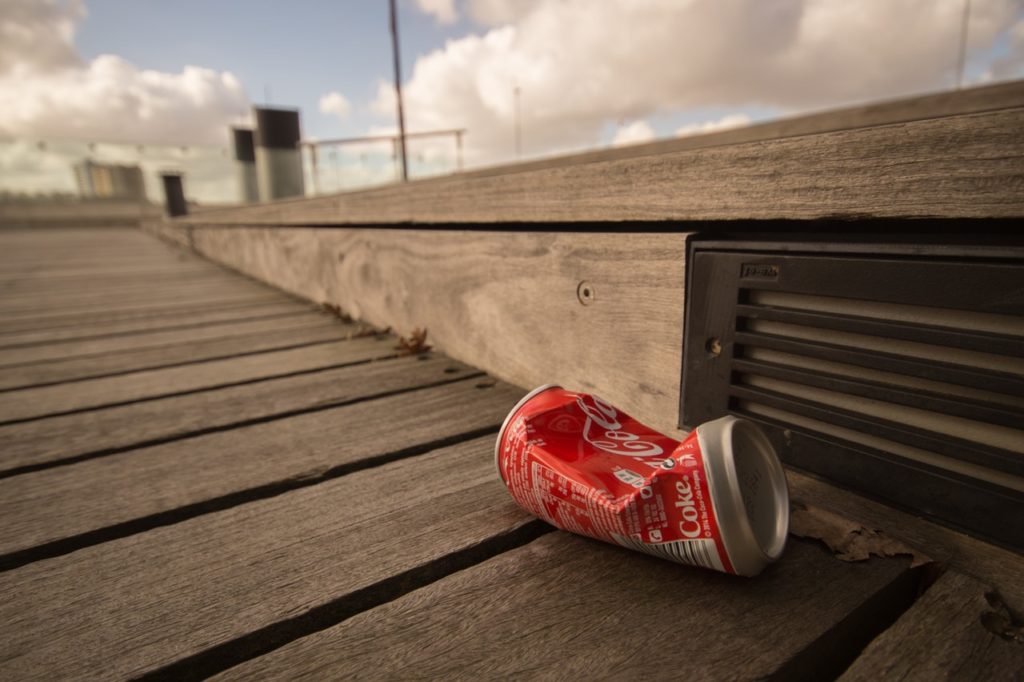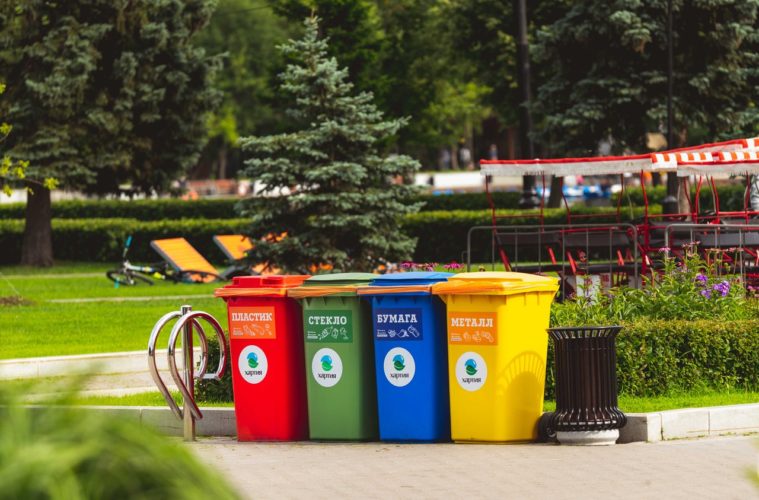Technology has worked its way into every industry and corner of the globe, and with it, we’re seeing a whole array of benefits. Improved communication, more accurate measurements, and more efficient working methods are just a handful of benefits brought in by new technology.
However, in the waste management sector, the uptake and embracing of technology has been something of a point of contention. The industry seems locked into its old methods, with communications and booking processes remaining ‘traditional’ for much of the industry. This has led to technological uptake being significantly slower in the waste management sector compared to other industries.
This is all set to change though, with many prominent figures within the sector championing a number of different methods, apps, and technologies that will bring the waste management sector will and truly into the digital age. This in turn will lead to a more streamlined, customer-focused, and all-round improved industry for us all.
In this article, we will be exploring a number of different improvements and updates set to arrive through new technology, including technological help in food waste and recycling, new technology helping waste management science move forward, and even smartphone apps to boos convenience.
Turning waste into fuel: anaerobic digestion
It’s no secret that our world is suffering from two major crises. Firstly, our fuel consumption is far too high. Secondly, our waste production is too high. Landfills cannot sustain us forever, and the worry about greenhouse gasses has pushed the need for solutions to both problems. With anaerobic digestion, we may have found one answer for both questions.
It’s certainly an exciting development. Waste Management World touts the process as being potentially the best technology developed by the waste management sector in recent years. The process sees waste matter being broken down by microorganisms in an oxygen-less environment. The remains left over can be used as fertilizer, and the gas it produces is used for energy. The process is an improvement upon previous methods used to create compost from organic waste.
The implications of this technology are incredible. Anaerobic digestion has the potential to deal with our organic waste, while at the same time, providing gas-based energy. Plus, as humans will always create organic waste, the energy anaerobic digestion creates is classed as renewable energy.
But, as beneficial as this new technology is, it isn’t without its flaws. Right now, the technology isn’t cheap to run — for anaerobic digestion to work on a commercial scale, a huge investment in large tanks and process vessels is required.

Exploring enzyme-based solutions
The future is in the microbes, it seems! The Guardian reported on another process similar to anaerobic digestions – the use of enzymes to convert used cooking oil to biodiesel. Novozymes has launched Eversa, an enzymatic solution available for commercial use. The process can turn lower grade oils into biodiesel, which in turn, lowers the cost of raw materials for biodiesel producers.
And that’s not the only benefit of enzyme-based solutions. In addition to converting used cooking oil as a raw material, Eversa gets rid of the requirement of sodium methoxide, which is one of the most hazardous chemicals used in biodiesel plants. Removing such hazardous substances is a benefit to both human and environmental safety.
Taking all the effort out with automated waste collection
Recycling is on the increase, but many people cite the issue of separating one material from another as one of the reasons they struggle to recycle as much as they ought to. As a potential solution to waste management, recycling issues, pollution, and traffic issues, Greener Ideal reported on the growing use of automated waste collection. Essentially, the process would see an underground network of tubes linking homes and designated outlets to a waste collection centre. People would have a bin for general waste, organic waste, and paper waste, and would sort their rubbish and recycling as is standard today. When the bins reach a certain limit, the bottom would open to “flush” the waste out through vacuum tubes. No more putting the bins out!
This system is already used all over Europe and at Disney World to great success. There are plans to make it more mainstream, but has been held up at points by concerns over larger items of waste not being able to go into the automated waste collection outlets.
Waste management apps
There’s a reason why there always seems to be ‘an app for that’; it’s efficient, and nearly everyone has a smartphone in their pocket to access these handy programmes. Embracing the rise of app culture, waste management companies have begun to develop and release apps to help businesses and residents address their waste in a more efficiently, environmentally friendly manner.
Keeping food waste down: Too Good To Go
One of the biggest problems with waste is food waste, but there are ways to reduce the amount of food heading to the landfill. Too Good To Go, for example, is an app that allows people to buy food that restaurants are going to throw away (excess and surplus at the end of the working day) for cheap. The app is currently active in eight European countries, and plans to expand further. The app is connected with over 5,000 stores, 3 million users, and claims to have saved 2.5 million meals’ worth of surplus food.
The app is currently available on Google Play and the Apple App Store.
Hire a skip with a click: SiteBuddy
Skip hire has never been easier than with SiteBuddy. SiteBuddy has been developed by the UK’s leading provider of outsourced waste management and recycling services, Reconomy. The app allows businesses to hire, off-hire, exchange, or reorder a range of skips, from wait and load skip hire to hazardous waste skips. The app also allows users to respond to any on-site issues or project developments quickly and efficiently – without any delay from phone calls or waiting to book an order. It works alongside Reconomy’s online portal too, which will store a full audit trail.
The app is available for download on Google Play and the Apple App Store.

